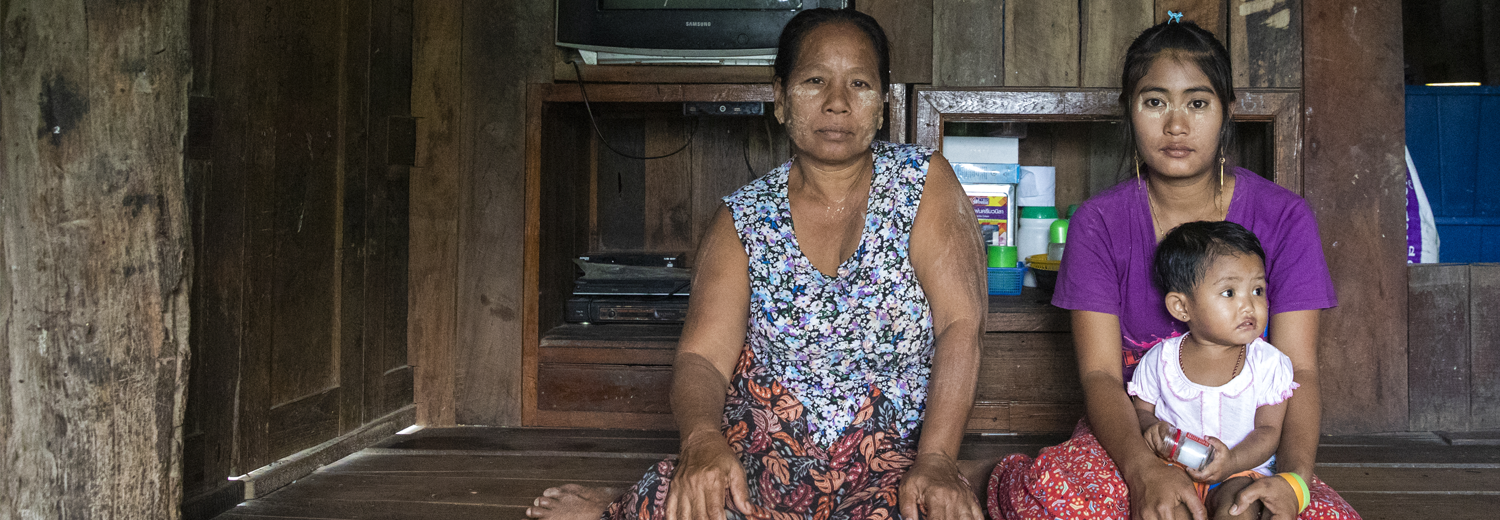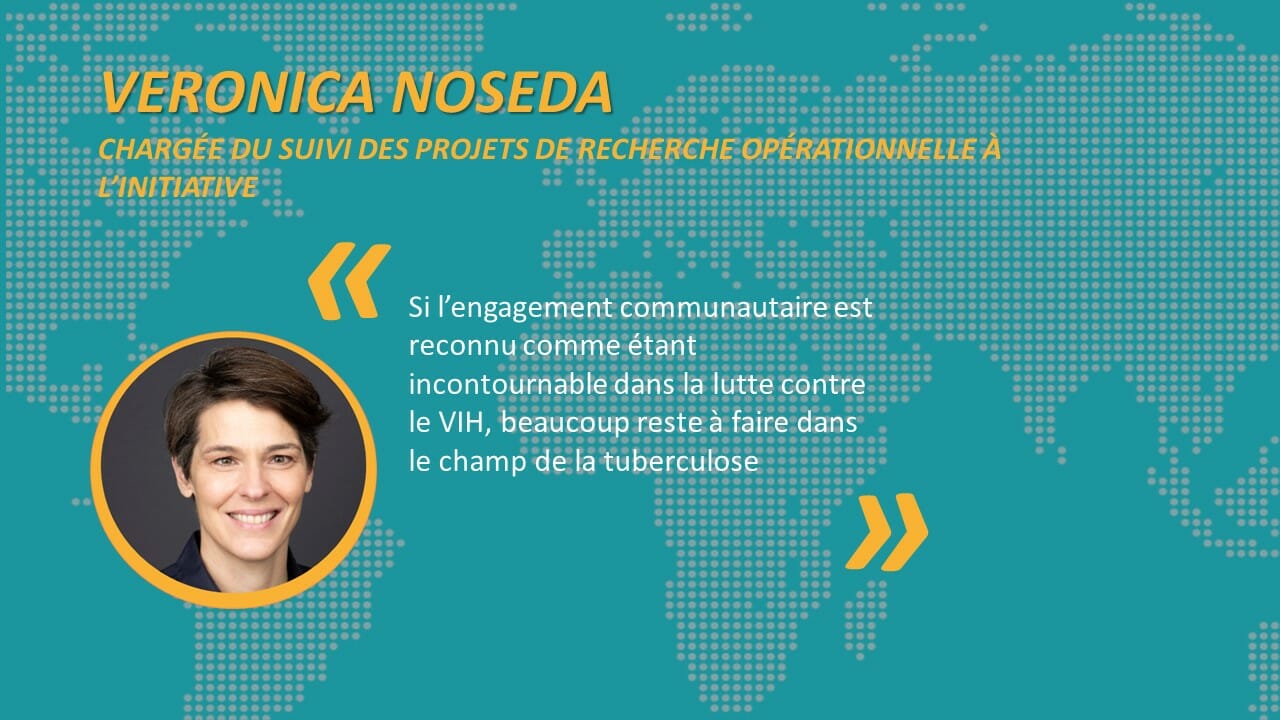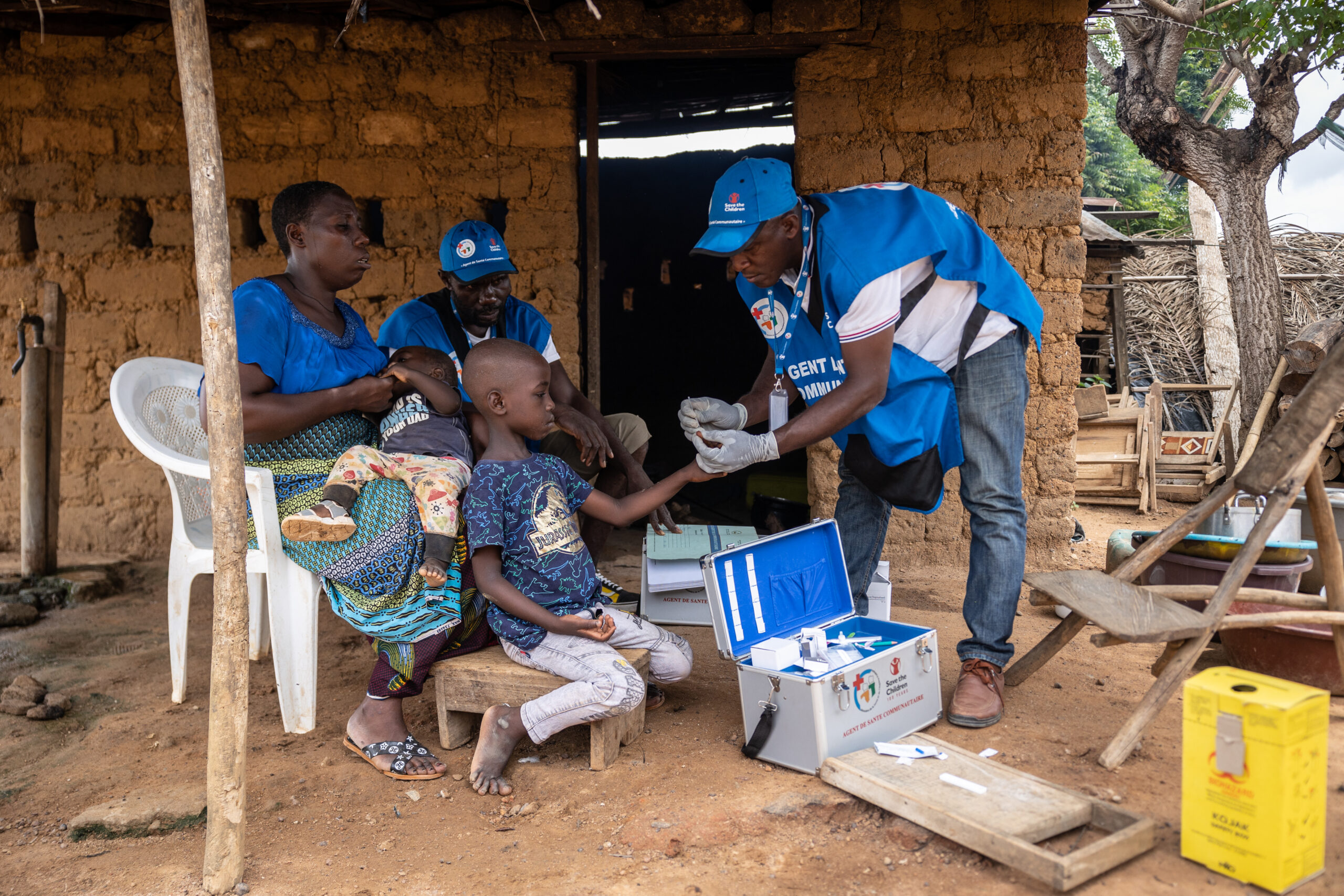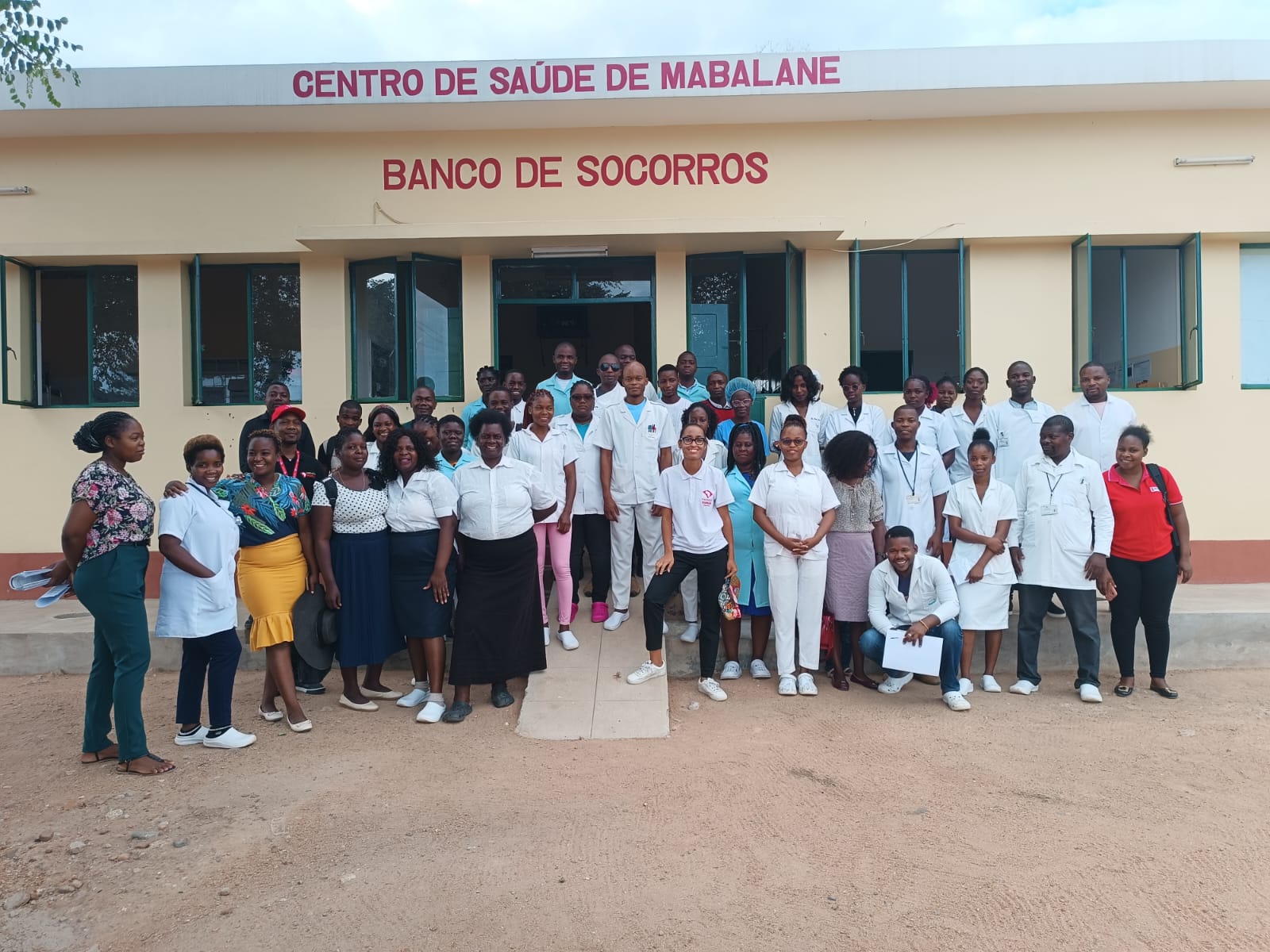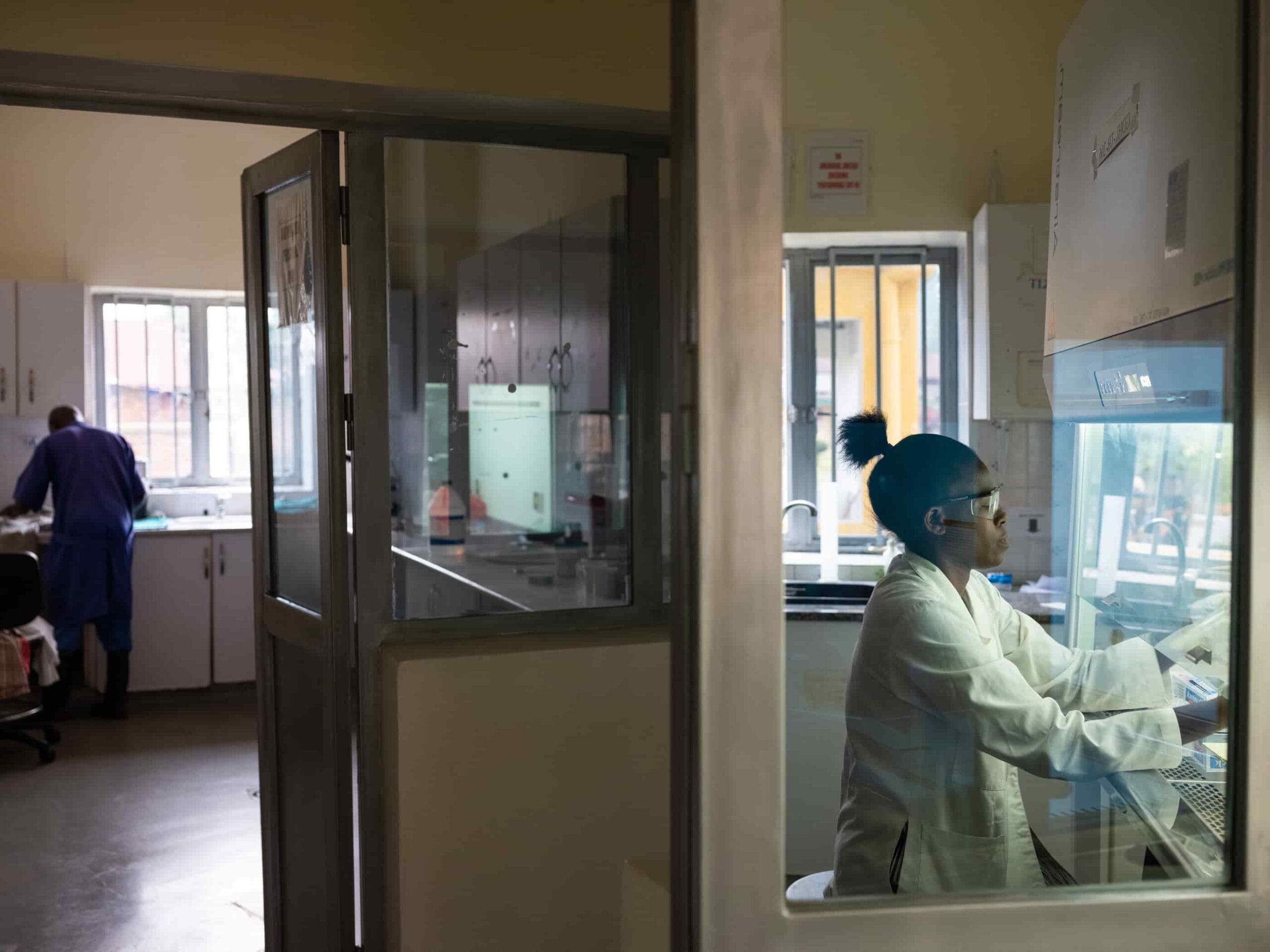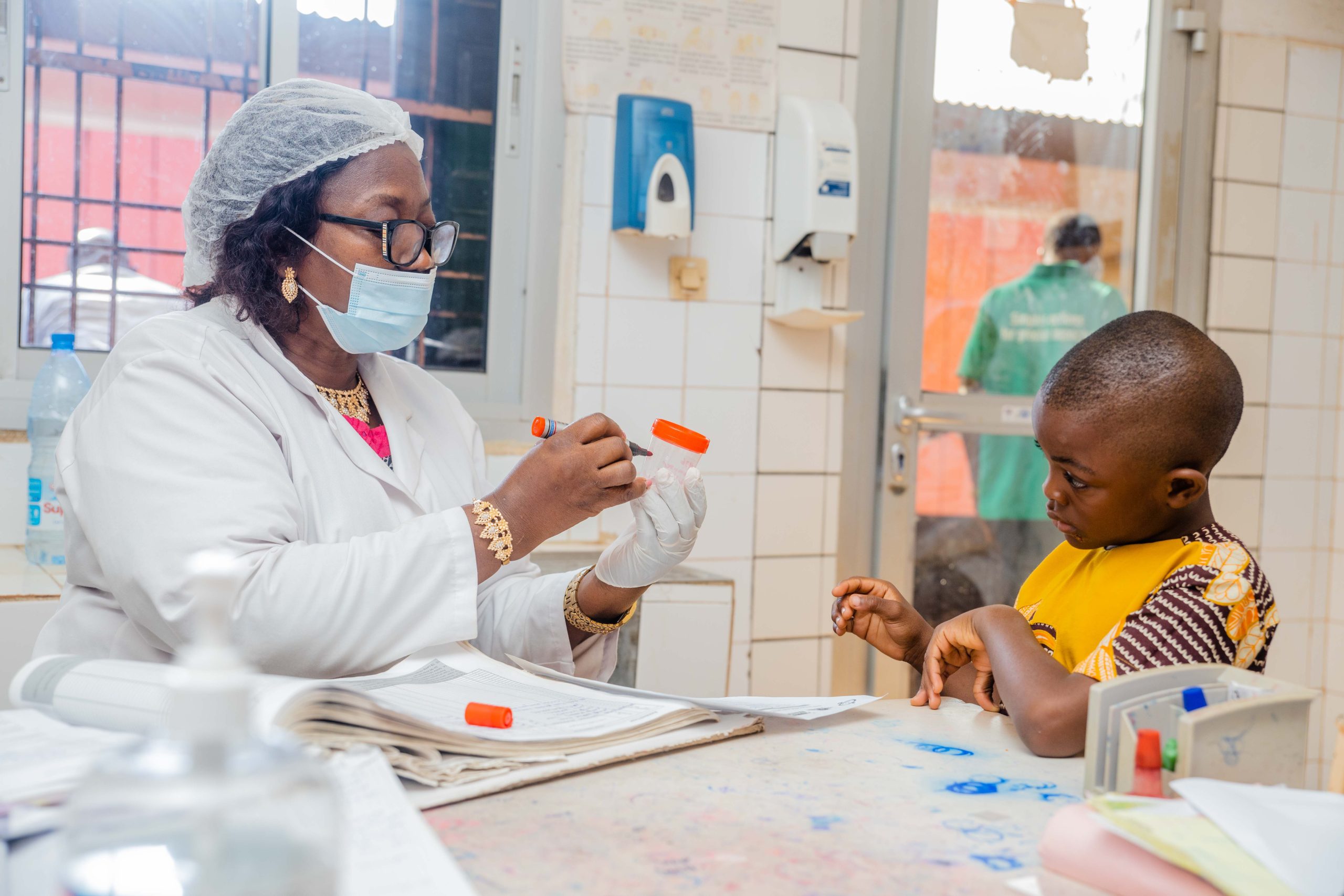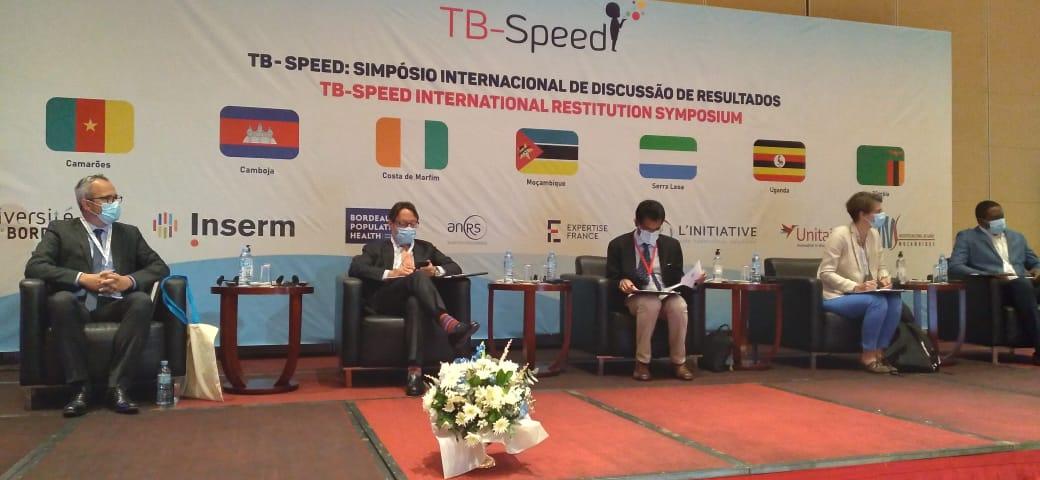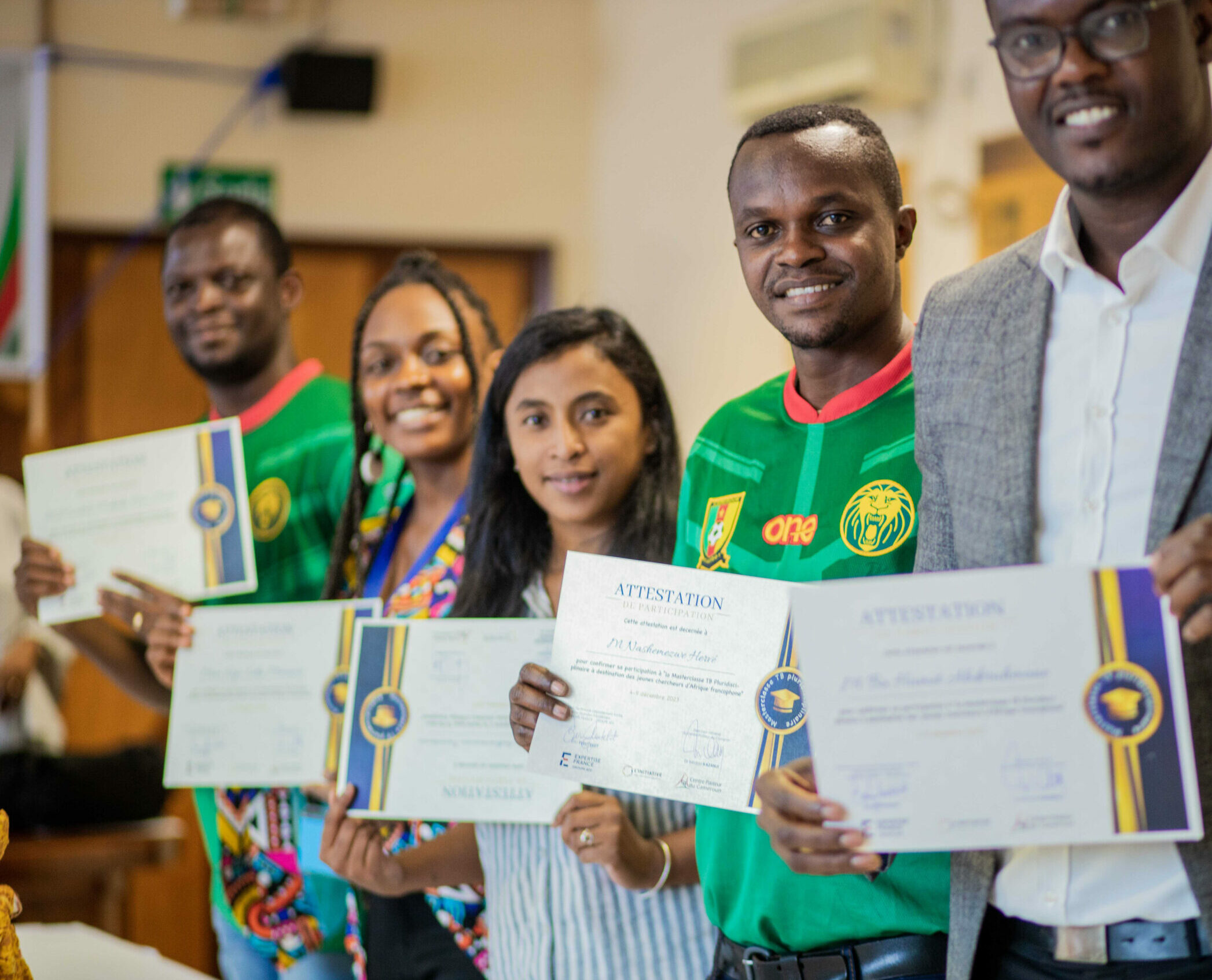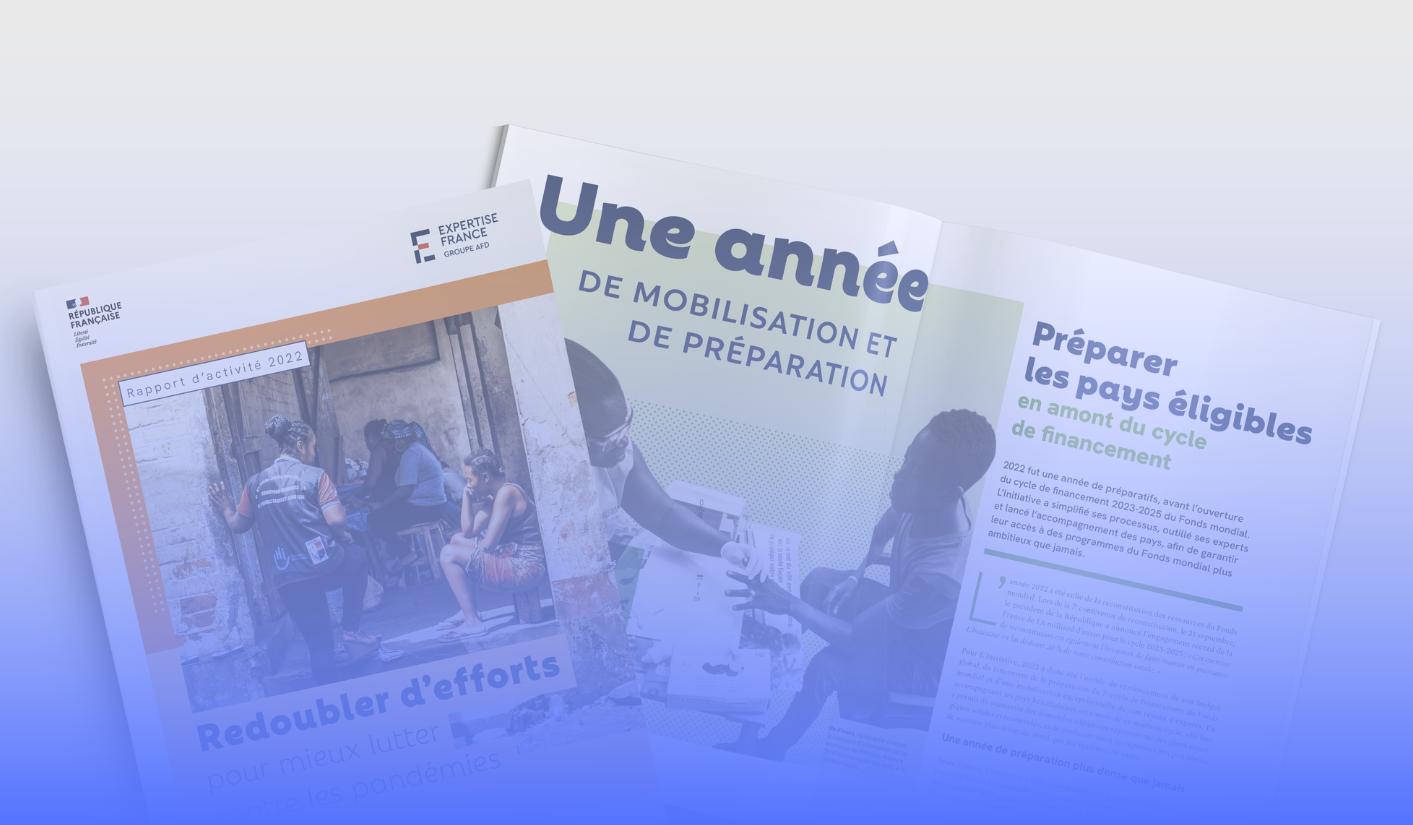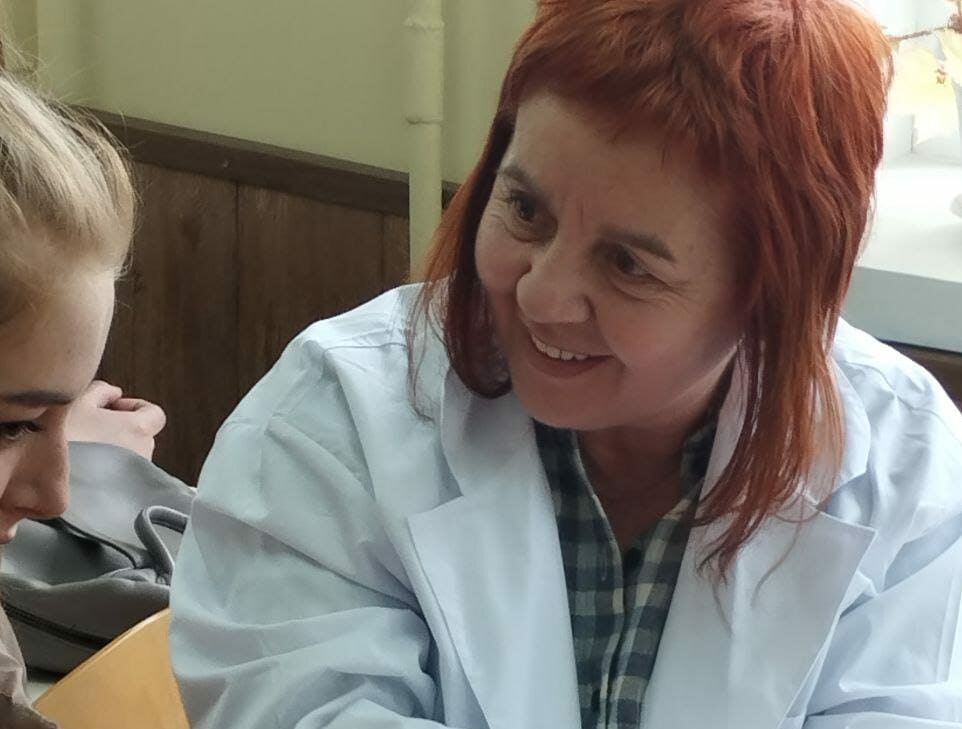Pediatric tuberculosis
Pediatric tuberculosis
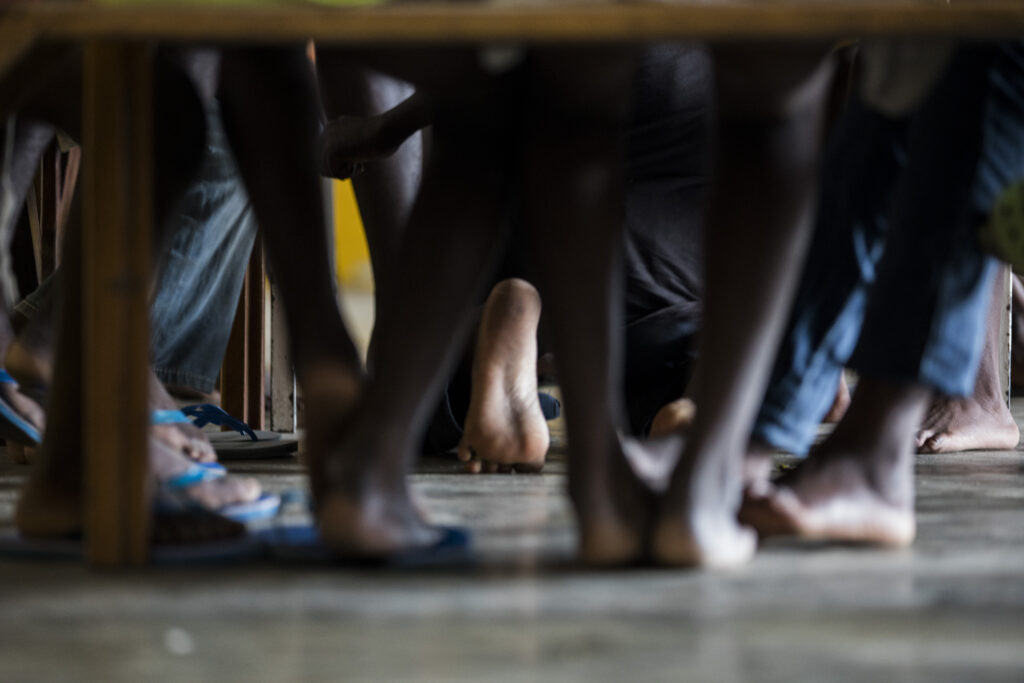
Pediatric tuberculosis remains a major health problem with more than one million new cases each year in children under 15 years of age. Mortality is proportionally higher among children: while they account for 11% of new cases recorded in 2020, they represent 16% of deaths due to tuberculosis.
Access to diagnosis and treatment of pediatric tuberculosis remains more than ever a priority.
Cameroon | Improving the diagnosis and management of tuberculosis in vulnerable and displaced children
The project “TB__PEC@2.0: Increasing pediatric TB outcomes in vulnerable, internally displaced and conflict-affected children in 21 health districts in Cameroon” presented by the NGO For Impacts in Social Health (FIS) aims to address a major public health issue in Cameroon: the diagnosis and management of pediatric tuberculosis. Indeed, nearly 79% of children aged 0 to 14 affected by tuberculosis are not diagnosed!
The TB_PEC@2.0 project aims to contribute to the reduction of morbidity, mortality and gender inequalities among vulnerable and internally displaced children in urban areas by improving access to prevention, diagnosis and management of pediatric TB in twelve health districts in Cameroon by 2024.
It particularly targets vulnerable children (girls and boys) aged 0 to 14 and internally displaced persons in large urban centres. Indeed, for nearly four years, Cameroon has been torn apart by a conflict in the English-speaking zone. The clashes between armed pro-independence groups and the security forces in Cameroon have left more than 3,000 dead and 700,000 displaced.
The project leader will be able to rely on these partners as part of its future implementation, in particular the Ministry of Public Health (Directorate for the fight against disease, epidemics and pandemics), the National Coordination Body (ICN Cameroon), the National Tuberculosis Control Program (PNLT), the NGO Women, Health and Development (FESADE), the CSO network Network of Community Education Facilitators (RESAEC) and the Save the Children Cameroon association.
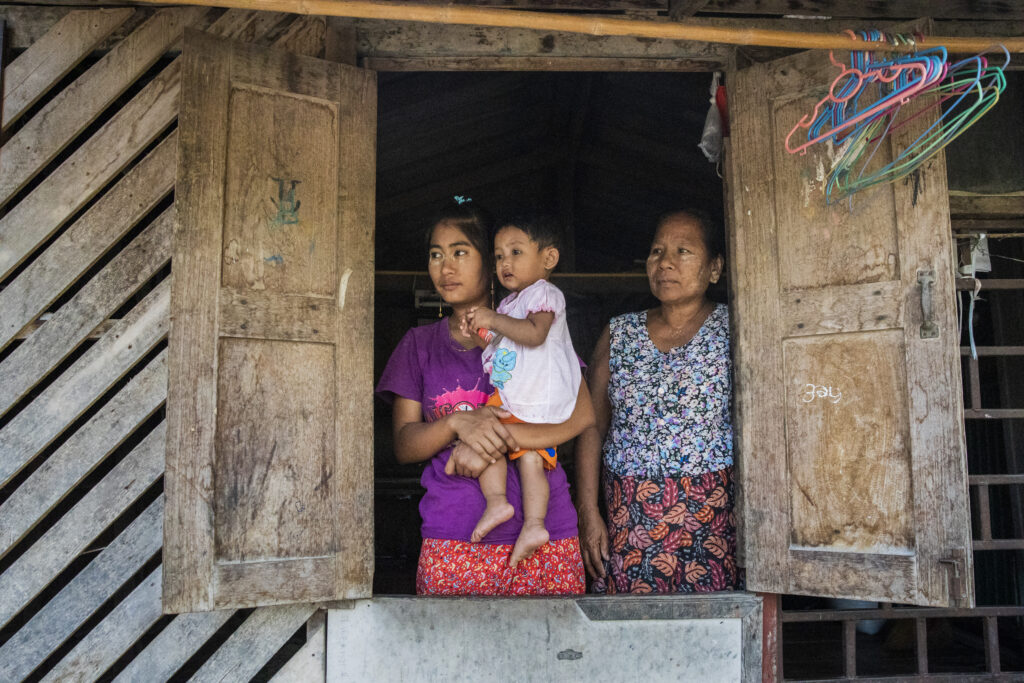
Africa and South-East Asia | Improving the way tuberculosis is screened in children with severe pneumonia
This dramatic situation is mainly explained by the difficulties in diagnosing the disease early in this category of the population: children do not present specific clinical and radiological signs and often have forms that are particularly complicated to detect. Added to this are the difficulties in obtaining, in the youngest, quality sputum to make the diagnosis.
TB-Speed Pneumonia, funded by Expertise France via L’Initiative and by Unitaid, is a research project aimed at reducing infant mortality due to TB through less invasive diagnostic approaches that are more adapted to the youngest children (molecular diagnosis on stools and nasopharyngeal aspiration) and the systematization of early detection of TB in children with severe pneumonia. There is indeed increasing evidence that tuberculosis is common in children with severe pneumonia, but that it is only diagnosed in the event of prolonged symptoms, failure of antibiotics or the presence of a case of active tuberculosis in their family circle.
The results of the study were presented on Thursday, October 21 at the 2021 Union Conference.
A total of 2,570 children were enrolled in the study (1,401 in the control arm and 1,169 in the intervention arm) between March 2019 and March 2021, with a six-month break in enrollment in 2020 due to the COVID-19 pandemic. Overall, 87 (7.4%) and 71 (5.1%) children were initiated on anti-TB treatment in the control and intervention arms, respectively (p = 0.012). Statistical analysis showed that the intervention was not associated with a reduction in mortality.
Although routine addition of early molecular TB detection to the WHO standard of care for children with severe pneumonia did not result in a reduction in mortality, TB-Speed Pneumonia showed that molecular testing of nasopharyngeal aspirates and a stool sample at admission was feasible and could lead to an increase in the number of children diagnosed and treated for TB. It provides further evidence on the acceptability, feasibility and safety of such sample collection in highly vulnerable children.
